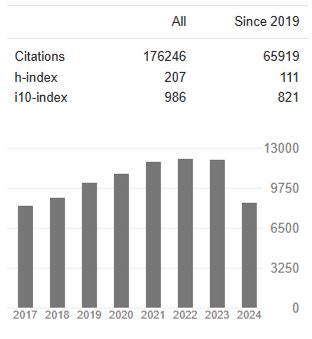The Validity of the Alcohol-Use-Disorder-Identification-Test and a Novel Proxy Test in the Assessment of Alcohol Consumption in the Cognitively Impaired Elderly
Abstract
Anesh Patel, Luke Gibbor, Rebecca Douch, Miles Welstead, Emma Cahill, Christos Kouimtsidis, Danielle Wilson, Sarah Gregory, Merrie Manalo, Prem Mandalia, Stephanie Deriziotis, Seyda Kaya, Katie Wells, Vanessa Raymont
Aims: Alcohol is consumed excessively by almost a quarter of the population. A report by highlighted underdiagnosis of alcohol misuse in the elderly [1]. There is a lack of research focusing on assessment of alcohol use and its impact in older people. This study aimed to assess the validity of the Alcohol-Use-Disorder-Identification-Test (AUDIT) in an elderly population with cognitive impairment and to establish the validity of a novel adaption of the AUDIT used as a proxy measure.
Methods: Opportunistic observational study examining the assessment of alcohol consumption in an elderly population with mild cognitive impairment or mild dementia. The study aimed to evaluate the self-report AUDIT versus a “proxy” AUDIT compared to a plasma Carbohydrate-deficientTransferrin (CDT) level.
Findings: Scores were comparable between the “proxy” AUDIT and the AUDIT. Neither measure of alcohol intake correlated significantly with CDT levels. There was no association between alcohol intake and cognition or quality of life ratings.
Conclusions: We suggest the AUDIT could be a useful screening tool in detecting alcohol misuse in the elderly with cognitive impairment. The “proxy” AUDIT was also found to be a valid screening tool, however further work is needed to confirm these findings.




